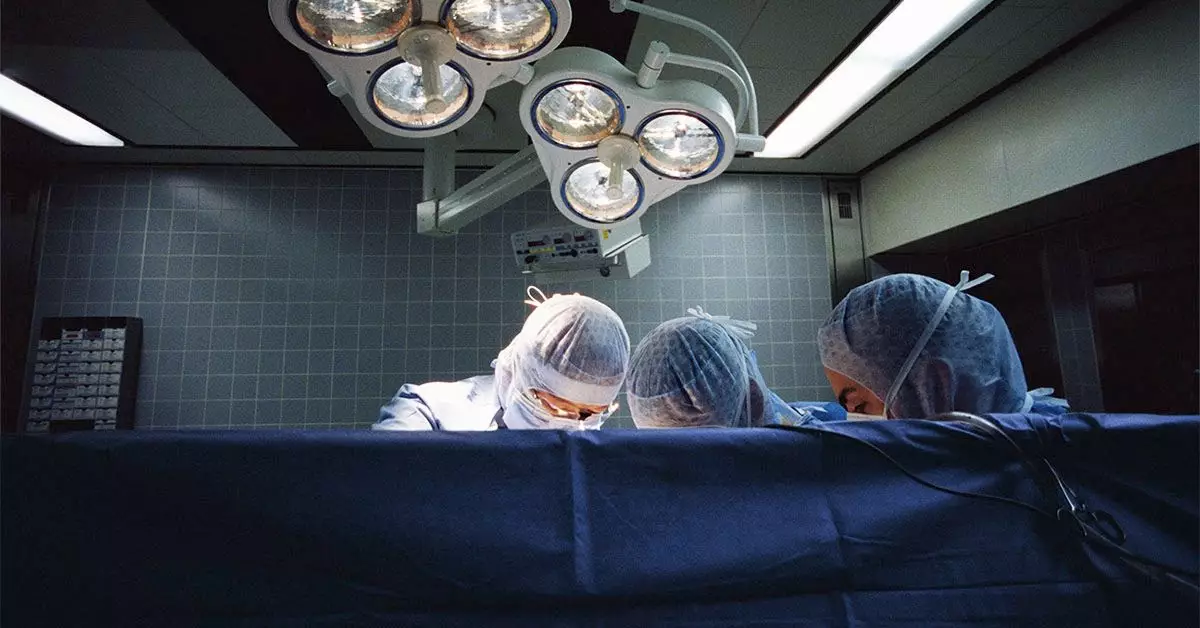Thyroid lobectomy is a critical surgical intervention meant to address various conditions affecting the thyroid gland, including cancer, benign growths, hyperthyroidism, and goiters. This article aims to delve into the indications for this procedure, the surgical process, recovery expectations, potential complications, and insights into long-term management post-surgery.
A thyroid lobectomy involves the surgical removal of one of the two lobes of the thyroid gland. The thyroid, located in the lower neck, plays a vital role in regulating metabolism and hormonal balance in the body. When issues such as tumors or abnormal growths develop, a lobectomy may be necessary to ensure patient health and mitigate the risk of malignant progression. Specific indications for this procedure often revolve around thyroid cancer, non-cancerous nodules, goiter, and conditions leading to hormone overproduction, like hyperthyroidism.
Physicians may recommend a thyroid lobectomy under various circumstances:
1. **Thyroid Cancer**: In cases where cancerous tumors are identified, a lobectomy can be a pivotal treatment strategy, especially when the tumor is small and localized. Though only a small percentage of nodules are cancerous, removing the affected lobe can significantly reduce the malignancy risk.
2. **Benign Nodules**: Some individuals develop non-cancerous growths, typically referred to as nodules. If these nodules grow large enough to cause discomfort or have the potential for future malignancy, surgical removal may be advisable.
3. **Goiters**: Non-cancerous enlargements of the thyroid, known as goiters, can cause significant health issues, such as difficulty swallowing or breathing. If medication fails to alleviate these symptoms, surgery may be the next step.
4. **Hyperthyroidism**: In cases of overactive thyroid that do not respond to conservative management, a lobectomy may be seen as a viable surgical option.
Conducted under general anesthesia, a thyroid lobectomy requires a careful incision, typically made in the lower neck. The surgeon then meticulously dissects and removes the affected lobe of the thyroid. After excision, the incision is closed with sutures or staples, ensuring minimum scarring.
Patients often experience a swift recovery, with many able to return home the same day as the procedure. While thyroid lobectomy is considered a safe operation with a low risk of severe complications, pre-operative care is essential. Patients are usually advised to fast the night before surgery and may need to suspend certain medications or supplements to minimize risks during the operation.
Post-surgery recovery can vary based on individual circumstances and the extent of the procedure. Generally, it may take a few weeks for patients to regain their normal energy levels. However, it’s crucial to avoid strenuous physical activities for a few weeks post-operatively to allow the body to heal. Follow-up appointments with the healthcare provider are necessary to monitor the patient’s recovery and assess any need for thyroid hormone replacement therapy.
Patients can expect typical post-surgical care instructions including managing the incision site and dietary recommendations as they recover.
While complications from thyroid lobectomy are rare, some risks include:
– **Infection**: As with any surgery, there is a potential for infection at the incision site.
– **Thyroid Hormone Imbalance**: Patients may require lifelong thyroid hormone replacement if the remaining thyroid tissue is insufficient to produce adequate hormones.
– **Nerve Damage**: Injury to nearby nerves can lead to issues such as voice changes or swallowing difficulties.
Patients should be vigilant about any unusual symptoms following surgery, such as persistent chills, fever, or unusual swelling, and report them to their healthcare provider promptly.
A thyroid lobectomy is a significant but generally safe procedure aimed at addressing a range of thyroid conditions, from cancer to benign growths. Understanding the indications, procedure, and potential outcomes can empower patients to make informed decisions about their health. For those recommended this surgery, a discussion with their healthcare provider will delineate what to expect at each stage of the process, fostering a smoother recovery trajectory and optimizing long-term health management.

